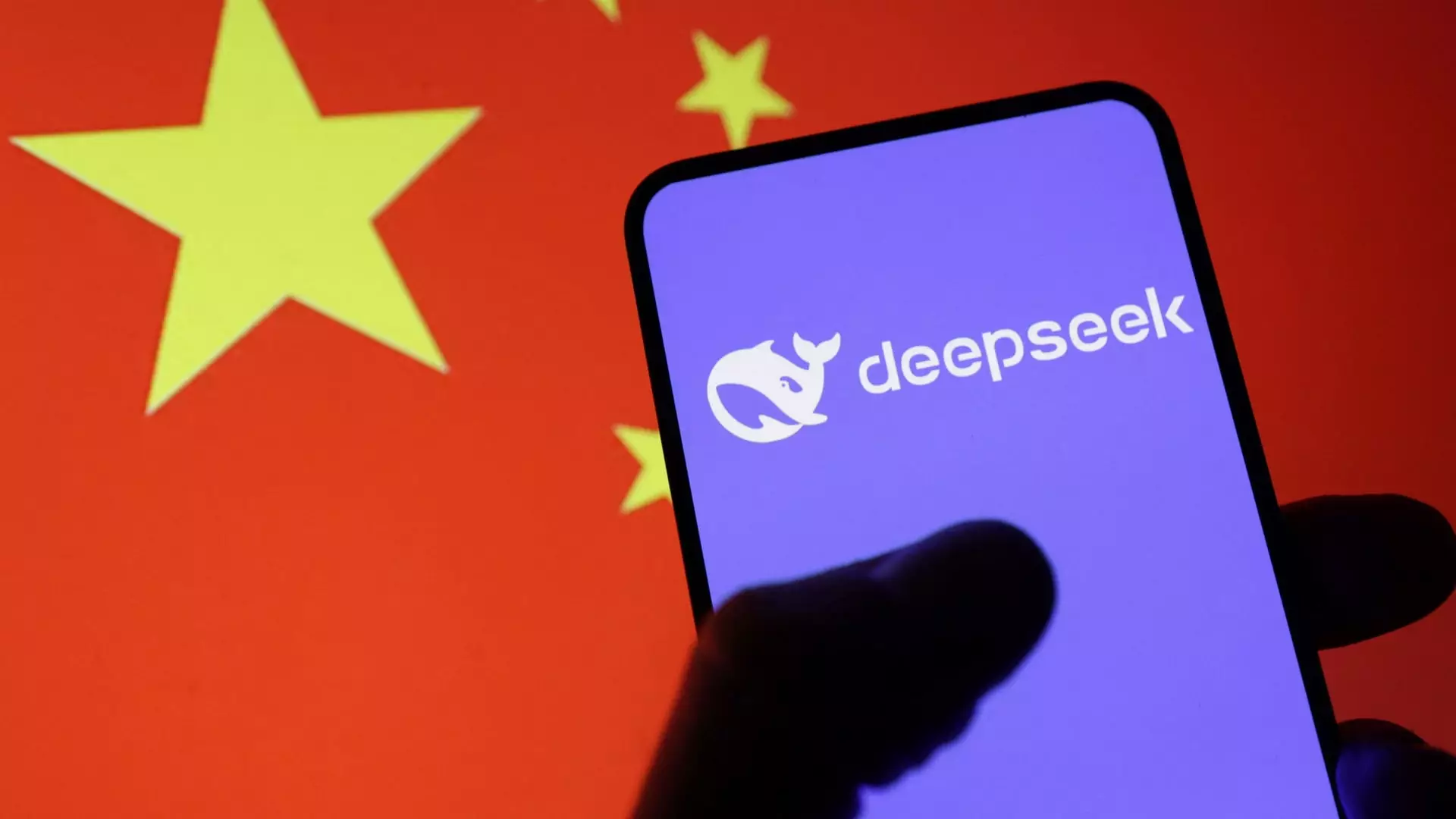In a world increasingly driven by technological prowess, Chinese tech companies are emerging as formidable players, particularly in the realm of artificial intelligence (AI). Recent developments highlight the speed and urgency with which these companies are racing to launch innovative products, a sentiment echoed by Beijing’s resolute stance on supporting this burgeoning sector. For instance, a relatively obscure startup named Monica has entered the fray with its AI application, Manus, which boasts the ability to simplify the analysis of resumes and financial data using models from well-known entities like OpenAI and Anthropic. While the Nomura analysts expressed reservations about Manus’s significance compared to advancements from major players like DeepSeek, they nevertheless underscore this product as indicative of the accelerated pace at which Chinese innovation is evolving.
This narrative raises a pivotal question: is the push from the government and the market contributing to a genuine leap forward in AI capabilities, or are technological advancements merely a response to external pressures? It certainly seems that the dollar-driven discussions around tech investments are more than just rhetoric; they underscore the role that state policy plays in shaping market dynamics. The challenge, however, lies in distinguishing between true innovation and government-fueled hype.
The Intersection of Policy and Innovation
China’s political landscape provides a unique backdrop for its technological ambitions. With growing economic headwinds, including increased tariffs from foreign powers and a slowing growth rate, the Chinese government has adopted a rare strategy of running a larger deficit while ramping up subsidies to bolster consumer spending and finance tech ventures. This dual approach reveals a strategic pivot to create an environment where innovation is not just encouraged but practically mandated.
Nicholas Yeo from abrdn articulates this well, suggesting that the government’s support for AI innovation is not only encouraging but signals a proactive direction toward enhancing the private sector’s capability. However, beneath this veneer of encouragement lies a more complex tapestry of state control versus market freedom. The real question is whether such policies will enhance China’s global competitiveness in AI or simply create a bubble buoyed by state intervention.
Market Reactions and Impacts on Performance
These policy shifts have had observable effects on the Chinese stock market, particularly with the tech sector taking center stage. The Hang Seng Index recently surged by 5.6%, achieving a three-year high, reaffirming the market’s confidence in tech stocks. However, the CSI 300 saw a decline, suggesting a disconnect between various market segments and hinting at the volatile nature of investment in China’s A shares.
Interestingly, analysts note that many major tech firms are now listed in Hong Kong rather than mainland China. This geographical distinction raises critical questions about investment frameworks and accessibility in both regions. If economic stimulus leads to tangible growth, investors may find themselves navigating a landscape characterized by disparity in sector performance. Companies like Tencent and Alibaba are seeing their shares soar based on their AI advancements, and if we consider investor instincts, momentum fueled by political cleavages could very well lead to market turbulence if innovations fail to materialize as expected.
Tencent’s Strategic Moves within AI Ecosystems
Tencent’s recent launches underscore the urgency within the AI space. The tech giant unveiled a new version of its Hunyuan AI model and another reasoning model, T1. These aggressive moves illustrate Tencent’s commitment to maintaining its lead in the highly competitive tech landscape while simultaneously integrating AI functionality into its diverse digital products.
The financial backing from analysts like those at Bernstein, who rate Tencent as a top play in this sector, further inflates expectations. Their argument hinges on a compelling case for social advertising as a monetization avenue, a setup that suggests a long-term vision for AI-driven revenue streams. As the competition heats up, Tencent’s rapid development and deployment of AI could either solidify its status or lead to overreach, risking the very foundation on which their successes rest.
Forecasting an Uncertain Future
As we delve into these intricate dynamics, one thing remains clear—while the wave of AI innovations in China holds promise, the underlying currents of political, economic, and market forces create an unpredictable landscape. The line between governmental support and undue interference is perilously thin, and stakeholders must navigate this space with caution.
How the Chinese tech sector manages these innovations while grappling with the implications of government intervention may determine not just their immediate financial success but also their long-term viability on the world stage. The question remains: will this race toward AI supremacy usher in a new era of progress, or will it stall under the weight of its own inflated expectations? The outcome is as uncertain as the rapid pace of change itself.

